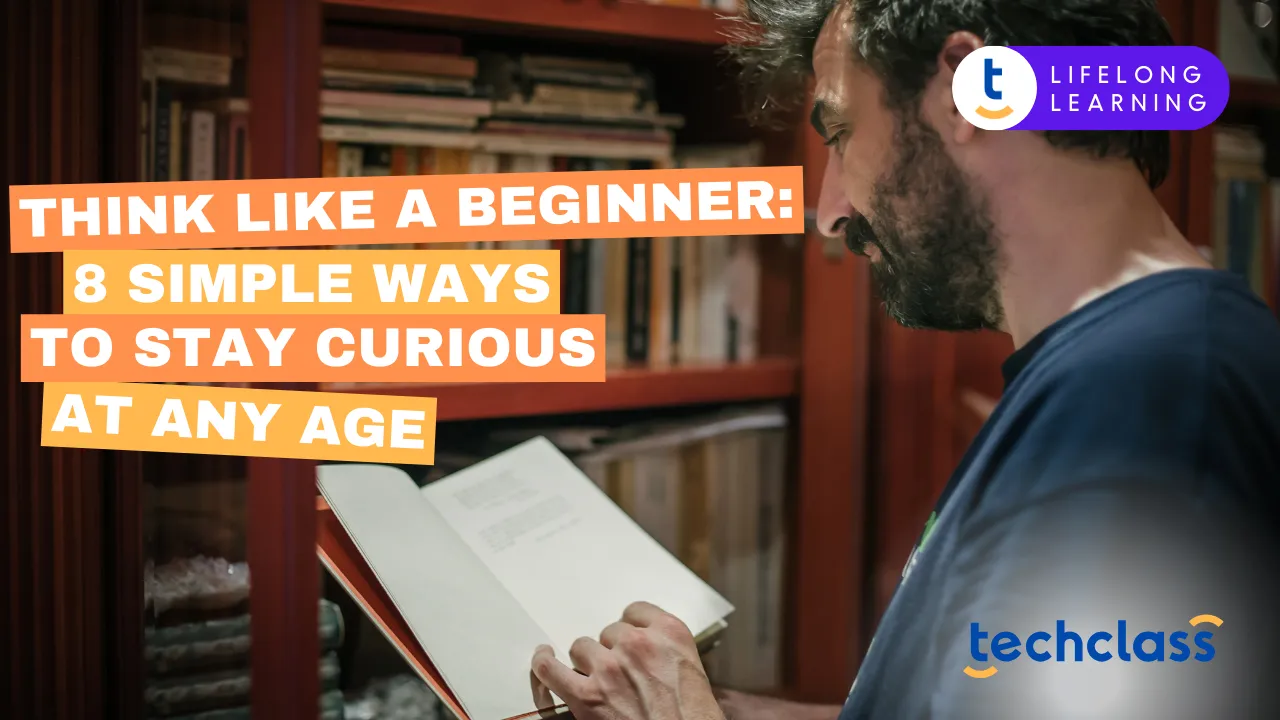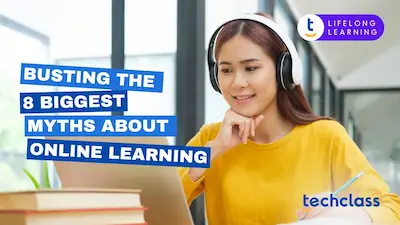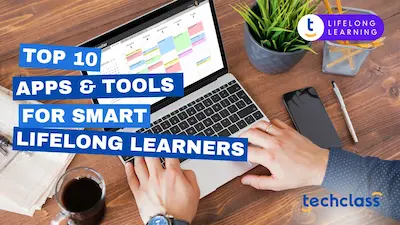
Do you remember the sense of wonder the first time you learned something new like riding a bike or figuring out how to read a clock? Back then, you didn’t need to be perfect; you were curious, open, and excited to explore.
As time goes on, however, learning often becomes less about discovery and more about performance. You’re expected to “know things,” and that expectation can stifle the very curiosity that once made learning joyful.
But what if there were a way to reclaim that sense of discovery, no matter your age or experience?
You can. It’s called cultivating a beginner’s mindset, and it’s one of the most powerful tools for staying mentally agile, curious, and open to growth throughout life.
A beginner’s mindset, known in Zen Buddhism as Shoshin, is the practice of approaching any subject or experience with openness, curiosity, and a willingness to learn, without being constrained by what you already know.
Shunryu Suzuki, a Zen teacher who helped popularize this idea in the West, explained it like this:
“In the beginner’s mind there are many possibilities, but in the expert’s mind there are few.”
This mindset isn’t about forgetting what you know, it’s about not letting what you know limit what you could still learn. You intentionally set aside your assumptions to make room for new questions, ideas, and insights.
Over time, your knowledge can become a trap. Once you gain expertise in a subject, it's easy to assume you’ve seen it all. You stop asking questions. You skim over new ideas because they don’t fit your mental models. Learning becomes less about discovery and more about validation.
That’s the danger of the “expert mind”: it closes off possibilities.
By contrast, maintaining a beginner’s mindset:
And most importantly, it helps you stay engaged, keeping your learning experience fresh, joyful, and fulfilling across all stages of life.
To cultivate a mindset that supports lifelong learning, here are practical shifts to make, no matter your background, profession, or stage of life.
Your past experiences can create shortcuts in your thinking but those shortcuts can also create blind spots.
Whenever you're learning something new or revisiting an old subject, ask yourself:
This practice invites you to learn again, not just repeat.
Children are model learners. Everything is new to them, so they ask questions freely: Why? How? What does that mean?
They’re not embarrassed to be confused. They don’t worry about looking foolish. Their entire world is built on experimenting, failing, and trying again.
You can bring that same spirit into adult learning:
Familiar tasks trick you into autopilot. You breeze through them without reflection. But true learning often happens when you slow down.
Next time you’re working through a familiar topic or skill:
This mindful pace brings back awareness, and often leads to new insights.
Saying “it should work this way” anchors your thinking to old models and expectations. But learning is often messy, unpredictable, and surprising.
Replace “should” with “could”:
This shift from expectation to possibility creates space for creativity and exploration.
The ego loves expertise. It feels good to know things, to have the answers. But that need to be right can block new learning before it begins.
Instead of seeking validation, seek discovery:
A beginner doesn’t care about being right. They care about understanding. That attitude accelerates growth.
Whatever you're trying to learn, whether it's a language, a skill, or a new technology, try breaking it into basic building blocks.
Ask:
This exercise often leads to more clarity and renews your appreciation for what you’re learning.
Learning thrives on attention. To learn something deeply, you need to be fully present.
When you approach something with fresh eyes:
This simple but powerful habit anchors you in the present, where true learning happens.
When facing a problem or trying to learn something unfamiliar, pause and ask:
These questions invite your mind to stretch beyond its normal boundaries.
Every age offers a new chapter of growth. You don’t need to go back to school or take up skydiving to keep learning. You just need to adjust the way you see the world.
You can learn something new in your job by asking different questions. You can explore a familiar passion with renewed curiosity. You can read a book, take a class, listen deeply, or reflect differently.
And if you feel stuck?
Start fresh. Every moment is a doorway to discovery.
Learning isn’t a phase that ends with a diploma. It’s a way of being. And the most vibrant learners are the ones who keep their minds open, no matter how much they’ve already learned.
So the next time you find yourself coasting through a familiar task or brushing off a new idea because “you’ve seen it before,” pause. Ask yourself: What would I see if this were my first encounter?” That one question might just unlock your next great insight.
Cultivating a beginner mindset is a powerful personal practice, but maintaining that curiosity in a fast-paced professional environment often requires more than just individual willpower. To truly foster a culture of lifelong learning, organizations need a flexible infrastructure that rewards discovery and removes the friction from upskilling.
TechClass supports this shift by providing an intuitive platform where exploration is built into the user experience. By utilizing the TechClass Training Library and interactive AI Tutor, your team can ask questions freely and dive into new subjects without the fear of looking like a novice. This approach transforms training from a periodic obligation into a continuous journey of discovery, ensuring that your workforce remains as agile and curious as the day they started.


